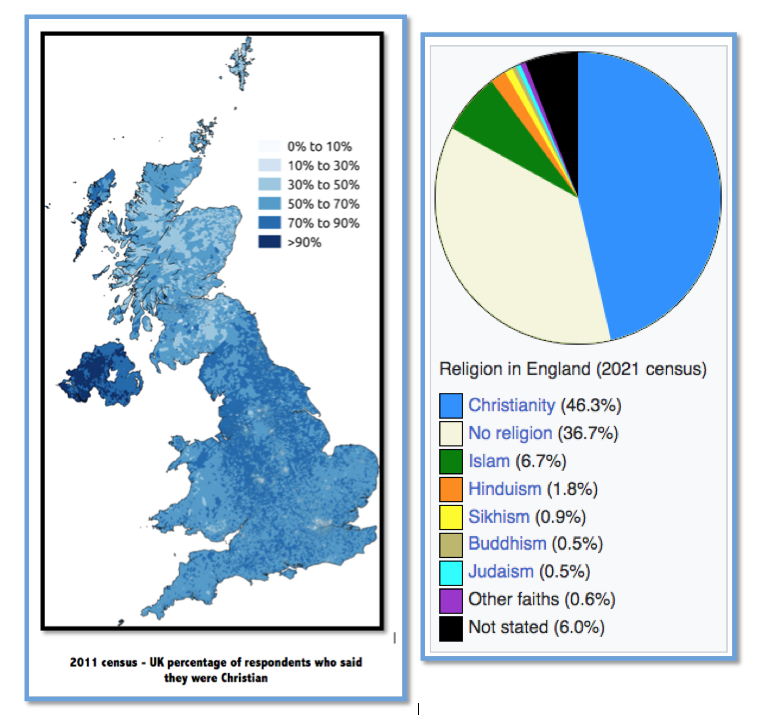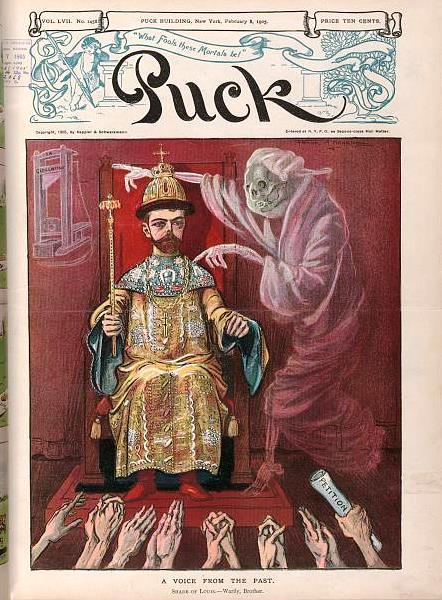Culture & Society
Loving the prophet… or maybe not? Mark Rudall explores how pastoral concern for a congregation may actually silence a prophetic voice
Loving the prophet… or maybe not? The Rev'd Mark Rudall reflects ... The Church of England has received many refugees from other traditions and I became an Anglican at the end of the 20th century when the idea of Christian life as an ongoing journey of discovery, truly a pilgrimage, took ever deeper root. Unable to espouse the ‘saved, and that’s it’ static condition so often portrayed by traditional evangelicalism, there was also an awareness after 23 years in non-conformist ministry of being in a scene that was teetering towards an unappealing and dangerous conservatism. ... CLICK ON PICTURE TO VIEW FULL ARTICLE
God’s Graffiti? – Guest Editorial
Professor Martyn Percy writes in his Guest Editorial: Undoubtedly the nation (by which I mean England) is now at a turning point in its history and culture. In 2034, the Church of England—a national Protestant church that decisively broke from Rome—will be 500 years old. Lambeth Palace has no plans to mark this event, as Anglicans are divided on whether this is their quincentenary. Some Anglicans think that the Church of England is a continuing Catholic church. That is not how the Vatican views this national Protestant denomination founded in Swiss-German Reformed theology. Unable to explain itself, the Church of England hierarchy stays quiet on such issues, doubtless hoping that keeping up appearances will obfuscate the reality. ... CLICK ON PICTURE TO CONTINUE
Renewing Communion: A queering of unity and colonialism
The Rev'd Dr. Charlie Bell summarises: The Anglican Communion as a trans-national and interdependent community of Christians is facing potential catastrophe. The Communion remains a creature of colonialism, both in the way it lives out its mission and in its structures. At the heart of the Communion’s breakdown in koinonia has been the ‘possibility’ of same-sex or same-gender love, something made somehow distinct and, as a result, problematised. This article considers the underlying complex dynamics of colonisation and the ongoing refusal of the Anglican Communion to engage in reflexive practice. The opportunity of redemption through queerness is identified, and the barriers to such a journey of hope in the Communion both engaged with and challenged. Similarly, the appeal to ‘unity’ is confronted and itself disrupted. Finally, the intrinsic relationship between decolonisation and queerness is identified and celebrated as a key to a healthy future for what it means to be Anglican. ... CLICK ON PICTURE TO CONTINUE
Lived Mission in 21st Century Britain – Ecumenical and Postcolonial Perspectives
The Rev'd Dr. Adrian Hough in his review of 'Lived Mission in 21st Century Britain - Ecumenical and Post Colonial Perspectives' writes: This is a good book; indeed, this is a very good book and an important book. If more people were to read it than ever will and if they were to then act upon what they had read, British Society would be improved and our churches would be more vibrant and effective at sharing the Good News that God has for everyone. As the existence of editors implies, this is actually a book of essays, fifteen in all, together with an introduction and a concluding discussion. The authors come from a wide range of backgrounds and denominations (although there are rather more men than women) and they were all asked to address the subject of Mission as a lived experience. In case the reader was unaware of the distinction, the editors also make it clear that Mission is not the same as Evangelism nor is it explicitly about evangelism. ... CLICK ON PICTURE TO CONTINUE
“From Pakistan to the UK: A Christian Woman’s Journey of Faith, Perseverance, and Renewal”
Sabeeta Mushtaq writes of her faith journey: ... I was born and raised in Pakistan, a Muslim country, into a Catholic Christian family. Growing up as a religious minority in a society where Islam is the dominant faith was a unique experience that came with its own set of challenges and blessings. Despite facing discrimination and social barriers, my faith and upbringing instilled in me a keen sense of purpose and determination that propelled me forward. My early education was in Pakistan, where I worked hard to excel in my studies despite the obstacles. As a Christian in a Muslim-majority country, I encountered moments of marginalization, but I refused to let those experiences define or limit me. Instead, they fuelled my resolve to not only succeed but to advocate for others in similar situations. ... CLICK ON PICTURE TO CONTINUE
Woke Wars
The Editor, The Rev'd Dr. Nicholas Henderson writes in his Editorial: The etymology of the adjective ‘woke’ is interesting, not least as the word seems central to the so-called culture wars currently ranging in the United States and in many other countries, including the United Kingdom. ...
RELIGION & SECULARISM – a reflection
The Rt Rev'd Dr. Keerthisiri Fernando writes: There is an impression today that in Britain many sociologists studying religion are preoccupied with debates on secularisation, modernism and postmodernism theories, to prove or disprove the significance of religion in modern British society. This has been happening in the context of some conflict between religion and secularisation. ...
The frog in the pan – reflections on the ‘culture of church’
Bishop Robert Paterson writes: “Increasingly, the culture of ‘church’, particularly in those churches that are old and hard of hearing, is alien to most people. Most people do not customarily gather on Sunday mornings to sing in chorus with others, handling books (let alone several of them), sitting on wooden benches in cool buildings, ...
Open Letter on Assisted Dying 27th September 2023
Rabbi Jonathan Romain (Chair - Dignity in Dying) writes an Open Letter: Dear colleagues, If you have not already come across them, I thought you might like to see two news items: ...
The rise and rise of autocracy
The Editor - The Rev'd Dr. Nicholas Henderson writes: Democracy is the de jure status of the world with only Saudi Arabia, Oman, the United Arab Emirates, Brunei, Afghanistan and the Vatican not claiming that system. The question must therefore arise as to what democracy really is? ...










